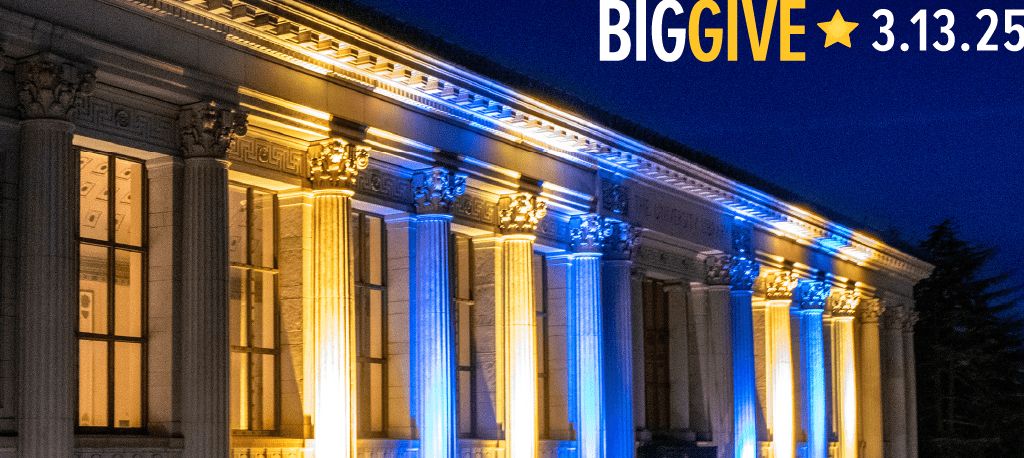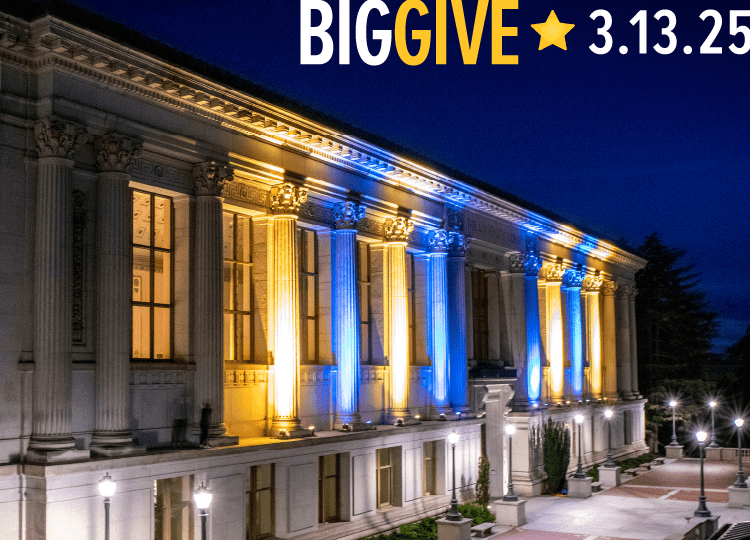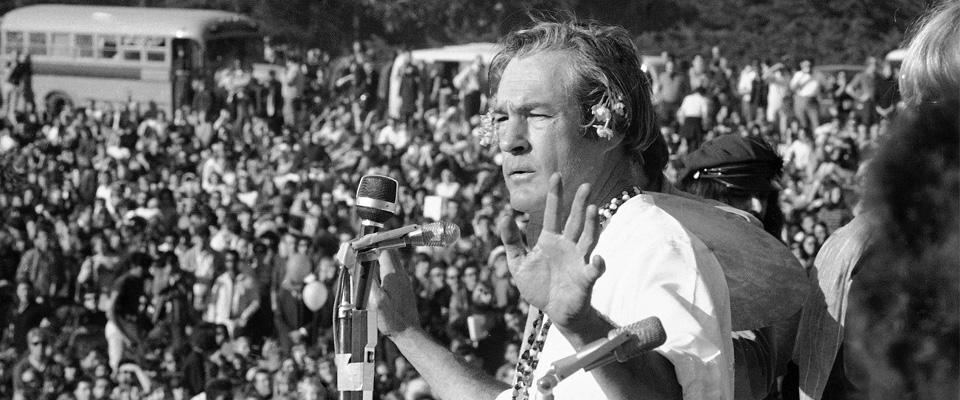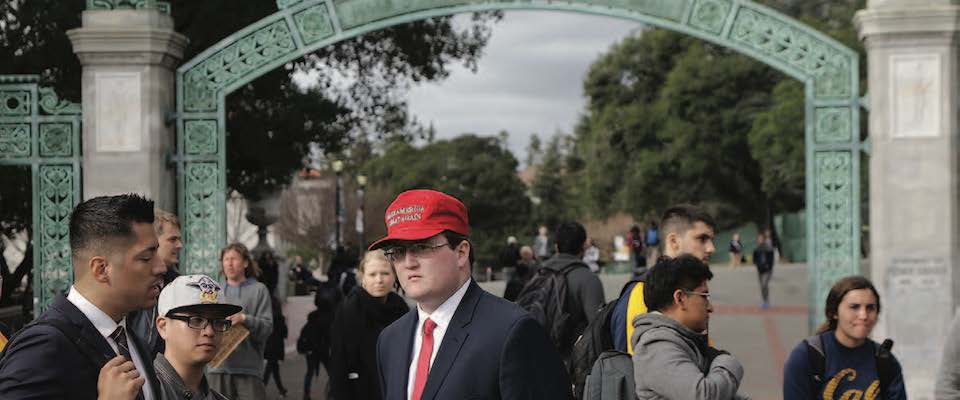Because this is the last column I will write for California magazine, I begin with thanks—for your support, for your loyalty for Berkeley, for your love of Berkeley. I share that love; it has been the greatest privilege of my life to have led this university.
I will reflect now on the state of the university—its opportunities, its challenges. We live at an extraordinary time in higher education. The pace and impact of scientific discovery has never been greater; artificial intelligence, data science, CRISPR, the synthesis of new materials, energy technologies—all of these are changing our world faster than we can understand their implications. Berkeley is very much at the center of this work. And the analysis of the humanities and social sciences has never felt more urgent: to help us understand the ethical problems these discoveries pose, the public policies best designed to regulate the technologies they involve, the ways that they will change human life and society. Furthermore, the distance between discovery in the laboratory and industry applications has never been shorter, fueling a dynamic startup culture, all of this accelerated by communications technologies faster and more powerful than ever before.
The student population of our university has never been more diverse; we are providing the opportunity for social mobility imagined at our founding more than 150 years ago.
But there are strong headwinds. We live in a climate of financial austerity in which state support has diminished and students bear an increasing share of the cost of higher education. We are still suffering from the hangover of the pandemic, manifested in learning loss, social isolation and anxiety, gaps in the level of high school preparation. We are learning to adapt to the unionization of graduate students. Intercollegiate athletics is in a turbulent and volatile state with NIL, conference realignment, claims that student athletes should enjoy a share of revenues or become employees.
Perhaps most concerning is the politicization of higher education itself. At the moment, it is being fueled and exacerbated by the conflict on our campuses about the war in the Middle East. Student protest in this regard is very different from student protests of the past because it is not pitting students against the administration but student against student, faculty against faculty. These protests are raising questions about, and challenges to, where we draw the line between free speech and impermissible harassment, as well as the inherent tension between supporting diversity of perspective and all that it takes to have a strong, cohesive campus community where all can experience an authentic sense of belonging.
As difficult and painful as the current situation is—and I have never experienced a harder challenge in my years in higher education—it seems to me indicative of a larger question about access and power. In Arlie Hochschild’s wonderful book Strangers in Their Own Land, her study of the people and communities in Louisiana’s Bayou Country, she expresses the question of their political discontent in this way: “Who gets to be first in line?” I hear that question in the debates about the university today, whether they concern the privilege of the Ivies, affirmative action, admissions policy, or DEI programs. Who should have access to the treasure our universities represent? Berkeley strives to give a democratic answer to that question, although we are challenged by the extent to which demand exceeds the number of places we have. Everything I have described here provides many opportunities and challenges for our new chancellor. I am thrilled with Rich Lyons’s selection; he is a true Bear, through and through, and wonderfully suited to lead Berkeley at this moment.
I often use a metaphor for leadership: It is akin to stepping into and out of a river. When you begin a position, like the Berkeley chancellorship, it is like stepping into a river. You must be mindful of the course of the river before you have entered it, its currents and its flow. You do your best to chart its course, and when you step out, it is with the understanding the river will flow on as a new voyager steps in. I wish Rich all the joys of the river and good fortune in navigating its currents. Now, as I am about to head to the river’s bank, I end as I began, with thanks to all of you for being with me on this journey.






















